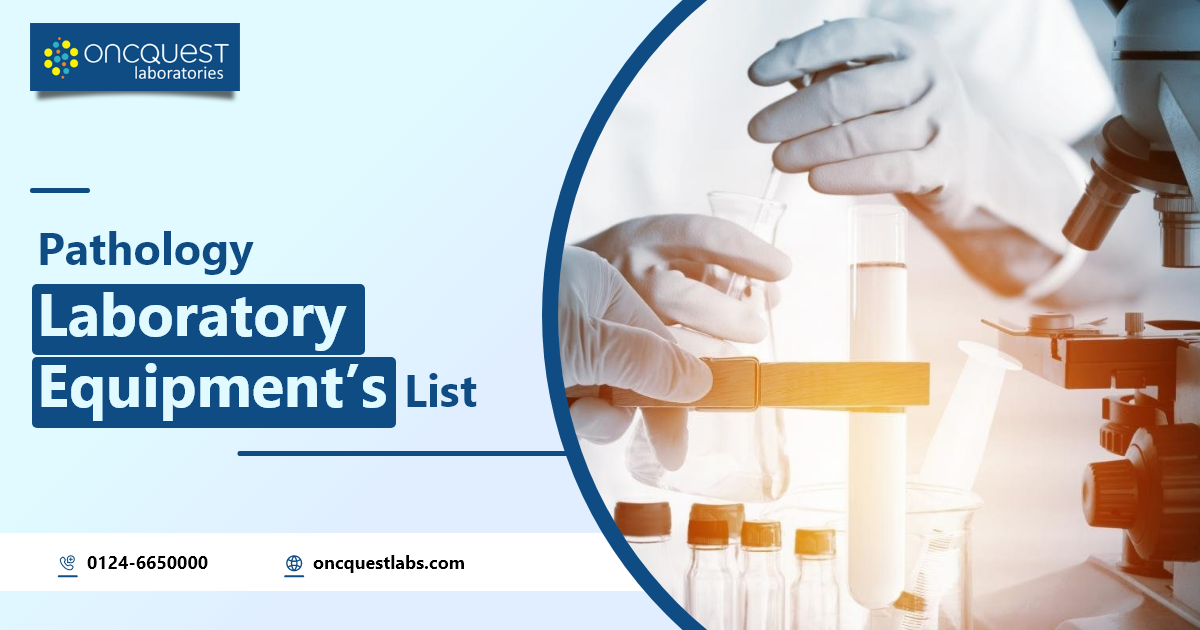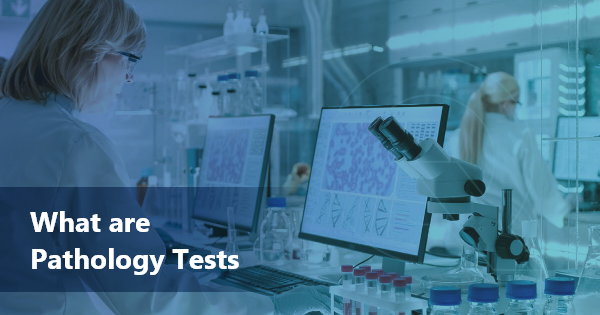Pathology laboratories play a crucial role in the field of medicine, aiding in the diagnosis and treatment of various diseases. To efficiently carry out diagnostic procedures, these laboratories rely on a diverse range of sophisticated equipment. In this article, we will explore a comprehensive list of pathology laboratory equipment, shedding light on their functions and importance in the diagnostic process.
Contents
- 1 Microscopes
- 2 Centrifuges
- 3 Autoclaves:
- 4 Tissue Processors
- 5 Cryostats:
- 6 Incubators
- 7 Automated Analyzers
- 8 Spectrophotometers
- 9 Polymerase Chain Reaction (PCR) Machines:
- 10 Flow Cytometers
- 11 Microtomes
- 12 Hematology Analyzers
- 13 Liquid Handling Systems
- 14 HPLC (High-Performance Liquid Chromatography) Systems:
- 15 ELISA (Enzyme-Linked Immunosorbent Assay) Readers:
- 16 Refrigerators and Freezers:
- 17 pH Meters:
- 18 Safety Cabinets:
- 19 Microplate Readers:
- 20 Laminar Flow Cabinets:
- 21 CONCLUSION:
Microscopes
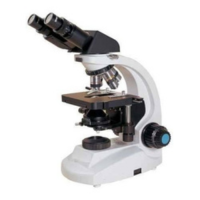
Microscopes are fundamental tools in pathology laboratories, enabling the examination of tissues and cells at a microscopic level. Pathologists use light microscopes for routine examinations, while advanced techniques like fluorescence microscopy and electron microscopy offer enhanced visualization of cellular structures and components.
Centrifuges
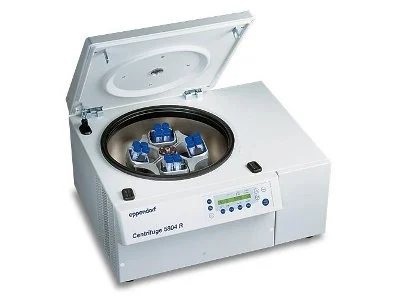
Centrifuges are essential for separating different components of blood, urine, or other bodily fluids. By applying centrifugal force, these machines can isolate cellular elements, such as red and white blood cells, from plasma or serum, aiding in diagnostic tests and research.
Autoclaves:
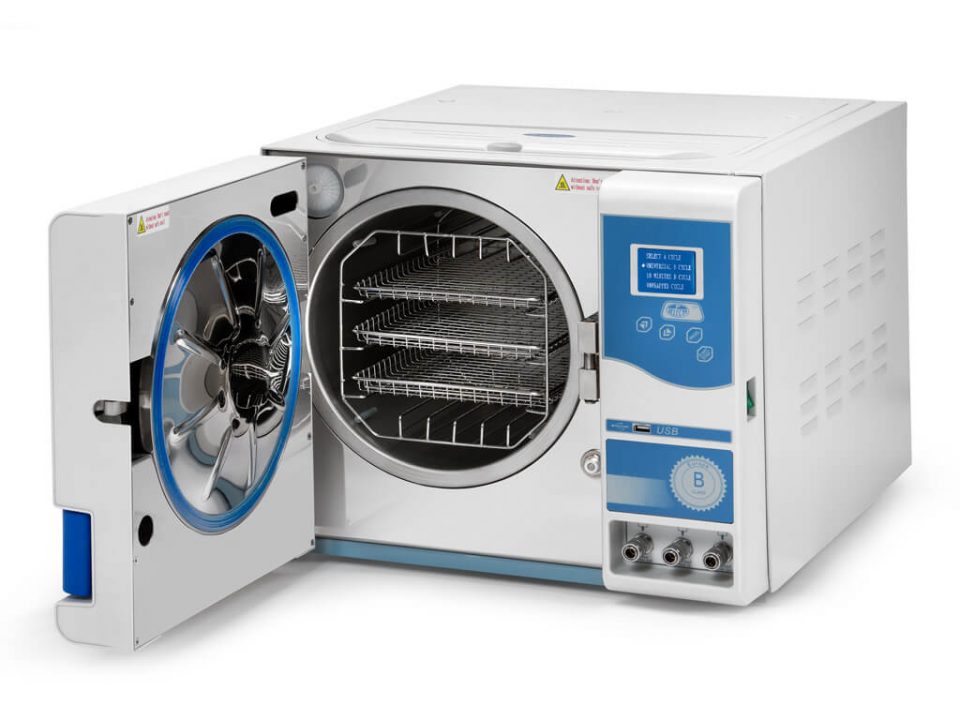
Sterilization is critical in pathology laboratories to prevent contamination and ensure accurate test results. Autoclaves use high-pressure steam to sterilize equipment, glassware, and other materials, eliminating bacteria, viruses, and other microorganisms.
Tissue Processors
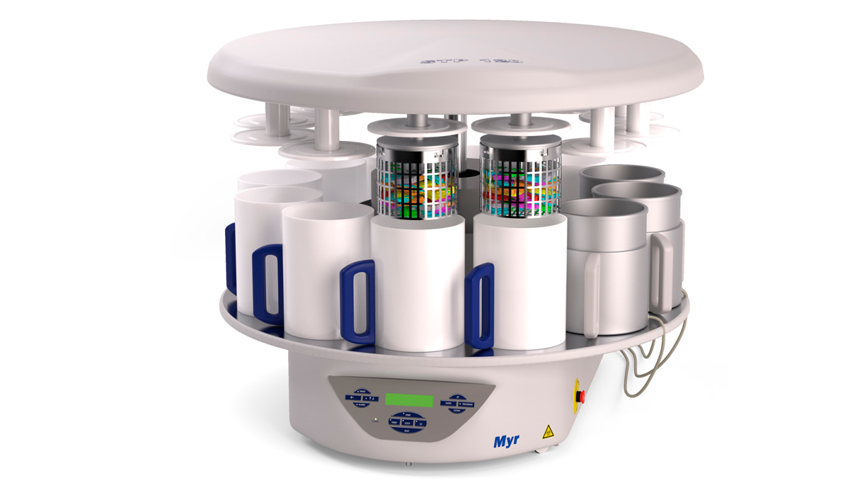
Tissue processors are used to prepare tissue samples for examination. They facilitate the embedding of tissues in paraffin wax, allowing for thin sections to be cut and mounted on slides for microscopic analysis. This process is vital for histopathology studies.
Cryostats:
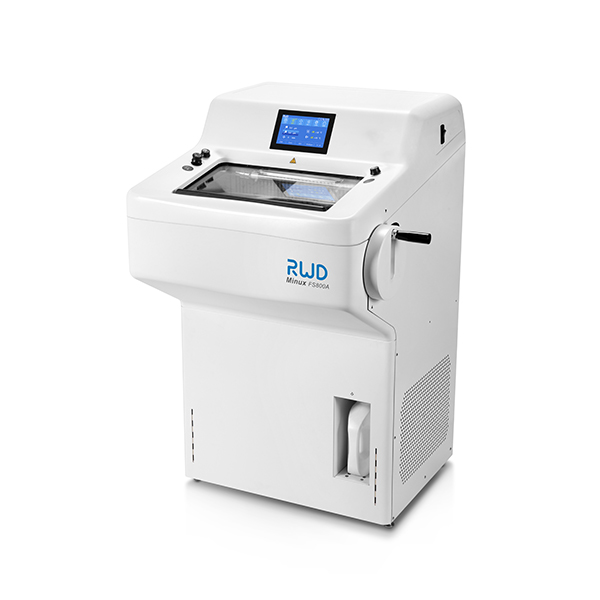
Cryostats are specialized instruments used in pathology laboratories to section frozen tissues. They are crucial for rapid diagnostic procedures, enabling pathologists to examine tissues without the time-consuming paraffin embedding process.
Incubators
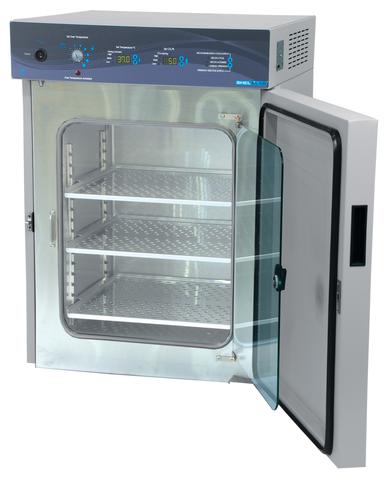
Incubators provide controlled environments for the cultivation of microorganisms, cell cultures, and tissues. These devices are essential for various diagnostic tests, including microbiological cultures and cell-based assays.
Automated Analyzers
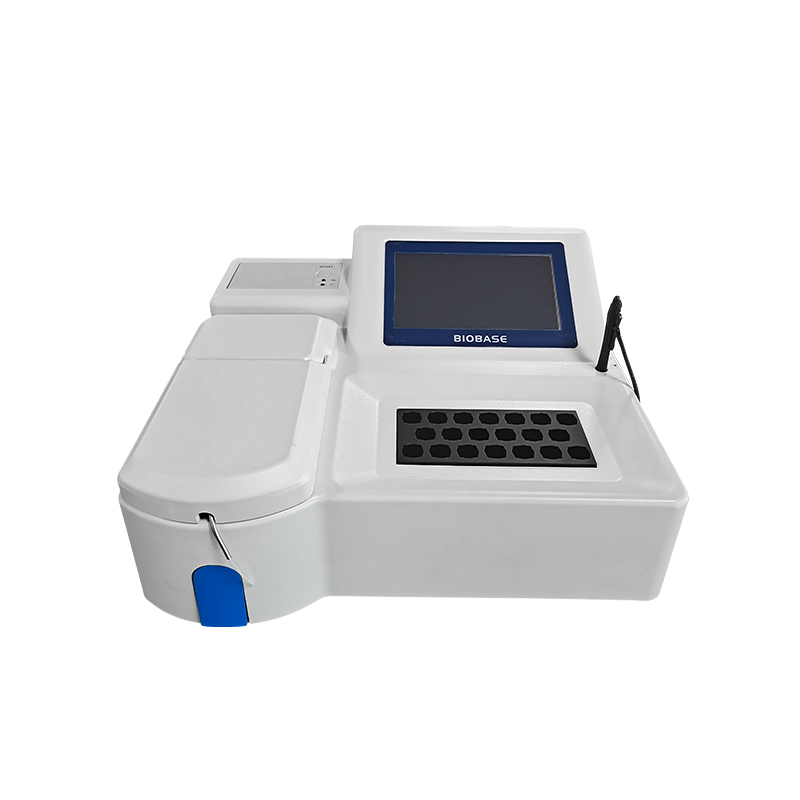
Automated analyzers streamline the process of analyzing blood, urine, and other bodily fluids. These machines can perform a wide range of tests, including complete blood counts, chemistry panels, and coagulation studies, with high precision and efficiency.
Spectrophotometers
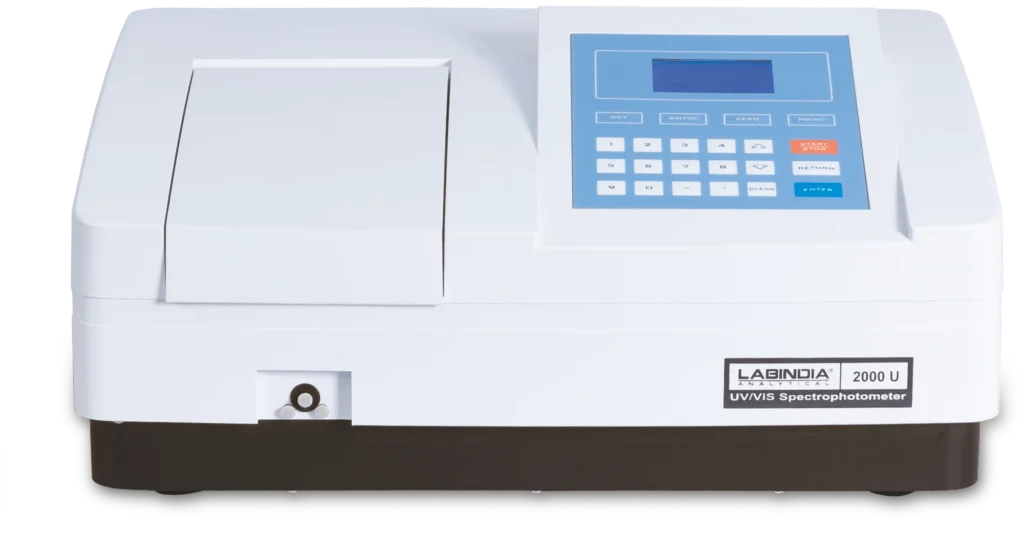
Spectrophotometers are used to measure the absorbance or transmission of light through a liquid sample. In pathology laboratories, they are employed for quantifying concentrations of substances such as proteins, nucleic acids, and enzymes.
Polymerase Chain Reaction (PCR) Machines:
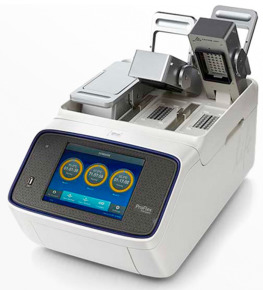
PCR machines are essential for molecular diagnostics, allowing the amplification of DNA segments. These machines play a crucial role in genetic testing, infectious disease detection, and research involving DNA analysis.
Flow Cytometers
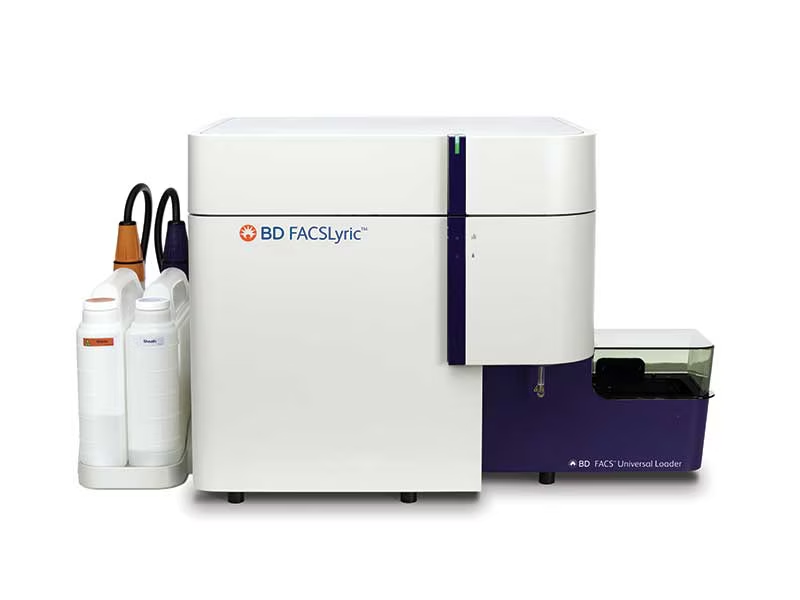
Flow cytometers analyze the physical and chemical characteristics of cells as they pass through a laser beam. They are instrumental in immunophenotyping, cell counting, and sorting, aiding in the diagnosis of various hematological disorders.
Microtomes
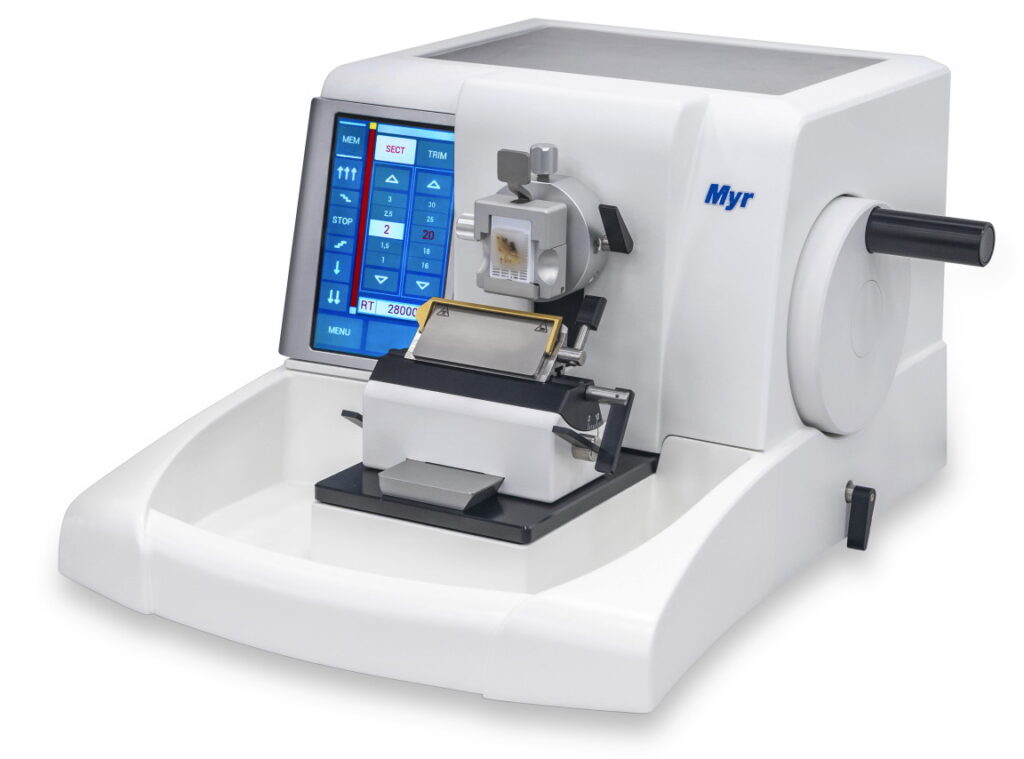
Microtomes are precision instruments used to cut thin sections of tissues for microscopic examination. They are essential in producing tissue slides for detailed pathological analysis.
Hematology Analyzers
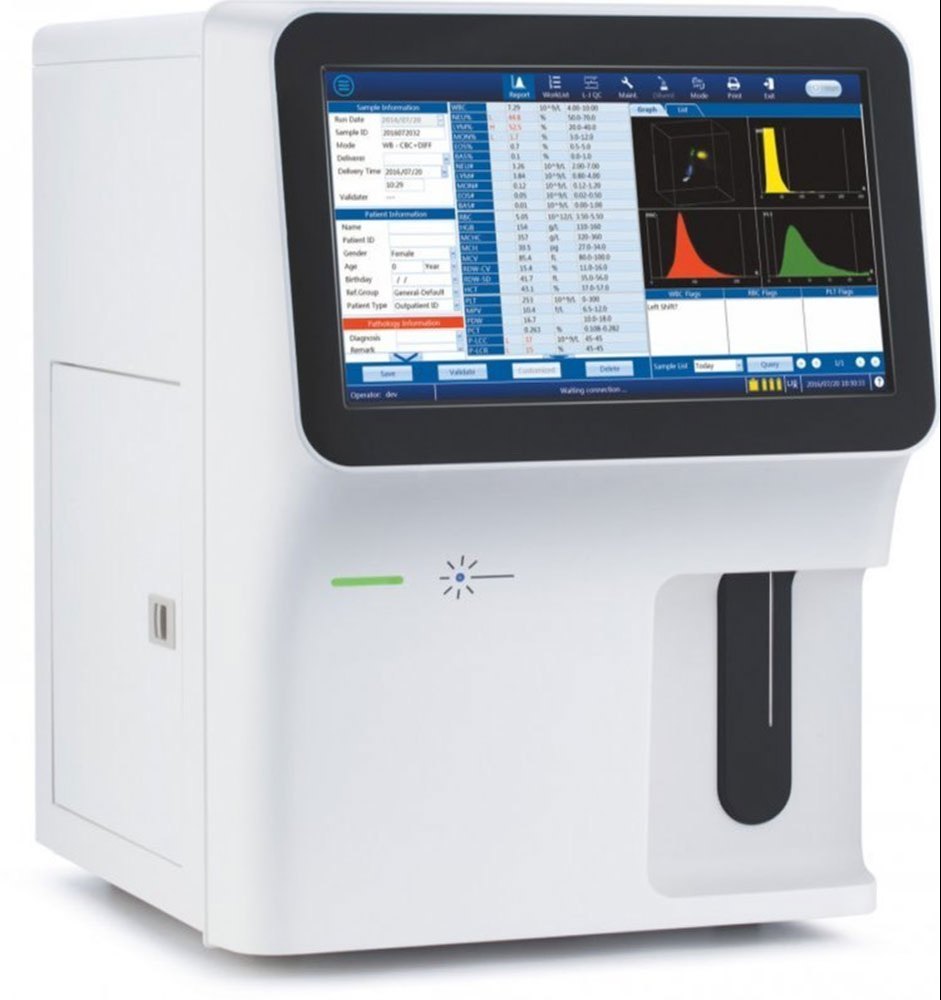
Hematology analyzers are specialized automated systems designed to analyze blood components, including red and white blood cells and platelets. These machines provide valuable information for diagnosing blood disorders.
Liquid Handling Systems
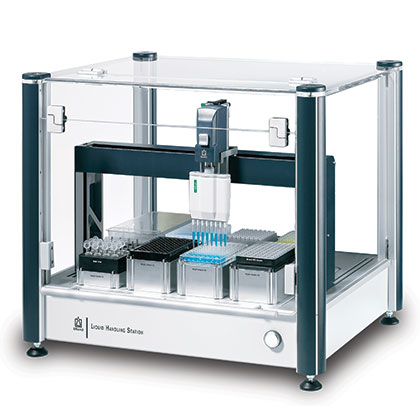
Liquid handling systems automate the process of dispensing and transferring liquid samples, minimizing human error and ensuring accuracy in various laboratory procedures.
HPLC (High-Performance Liquid Chromatography) Systems:
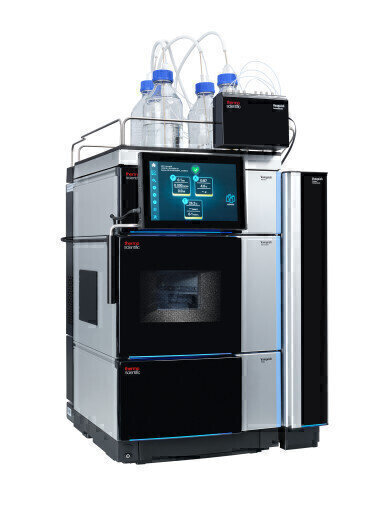
HPLC systems are employed for separating, identifying, and quantifying components in complex mixtures. In pathology laboratories, they are often used for analyzing drugs, hormones, and other biochemical substances.
ELISA (Enzyme-Linked Immunosorbent Assay) Readers:
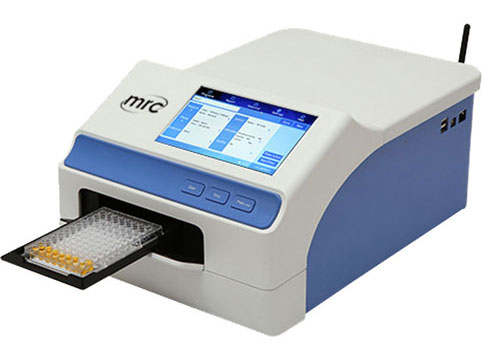
ELISA readers are specialized instruments used to measure the intensity of color changes in ELISA assays, providing quantitative results for the presence of specific antibodies or antigens.
Refrigerators and Freezers:
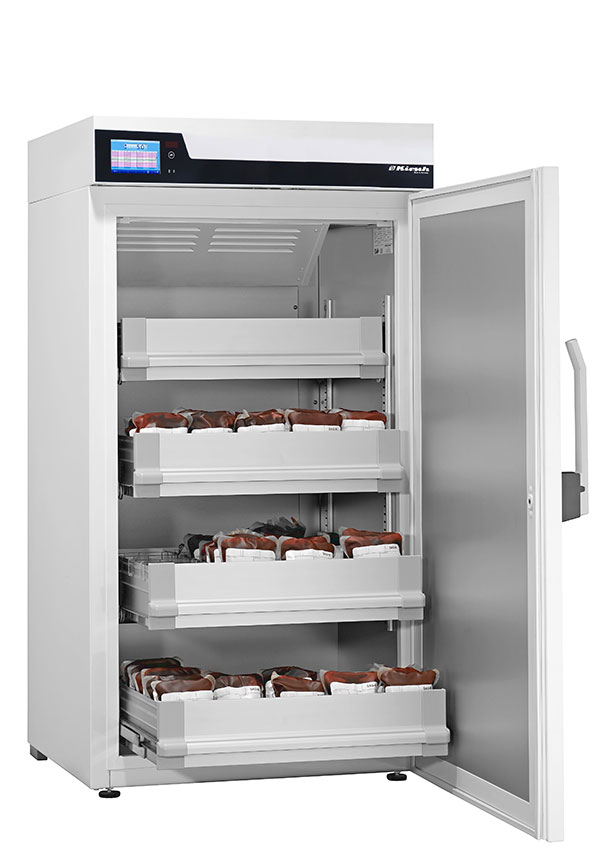
Proper storage of reagents, samples, and specimens is crucial in pathology laboratories. Refrigerators and freezers maintain the integrity of materials by preserving them at specific temperatures.
pH Meters:
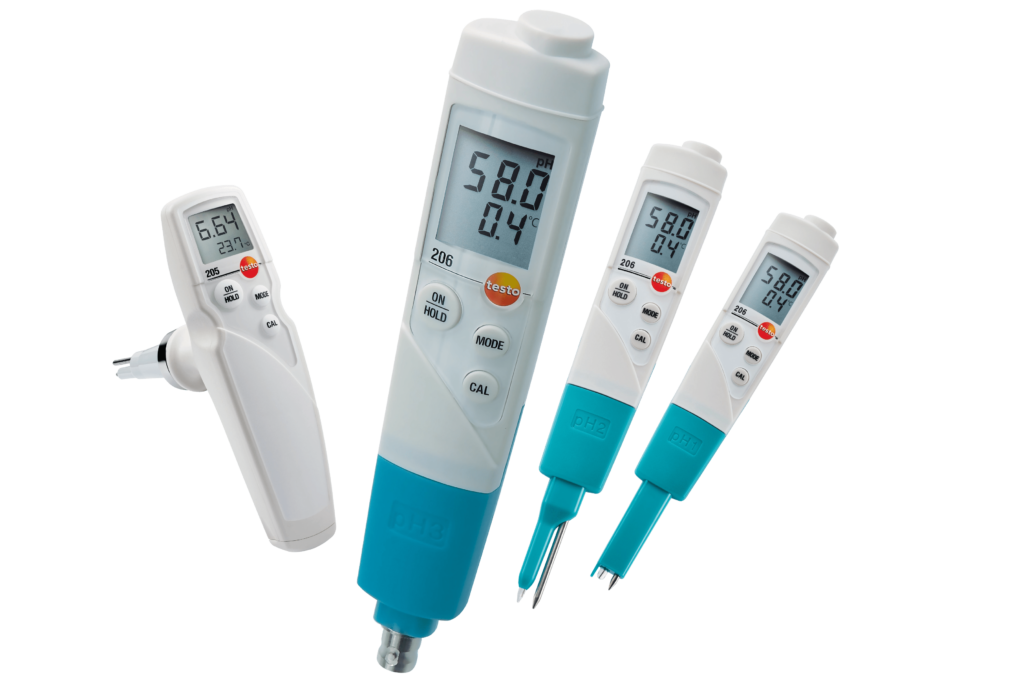
pH meters are employed to measure the acidity or alkalinity of solutions. They are essential in maintaining optimal conditions for various laboratory procedures, including cell culture and enzymatic reactions.
Safety Cabinets:
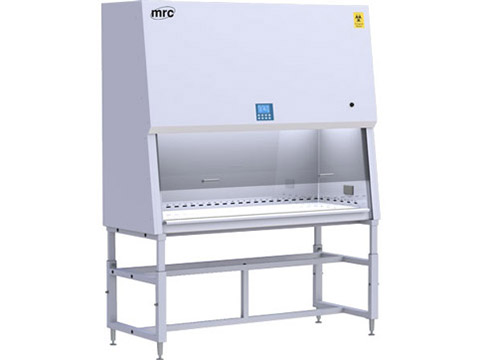
Safety cabinets provide a controlled environment for working with hazardous substances. They are crucial for protecting laboratory personnel and preventing contamination during procedures involving pathogens or toxic materials.
Microplate Readers:
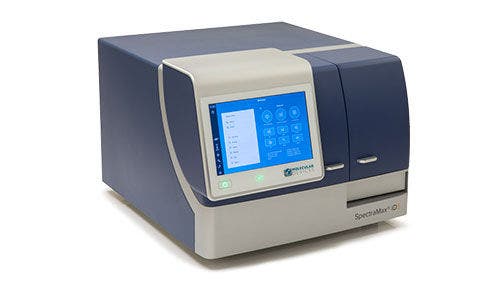
Microplate readers are used to measure absorbance, fluorescence, or luminescence in microplate-based assays. They are commonly utilized in various diagnostic tests and research applications.
Laminar Flow Cabinets:
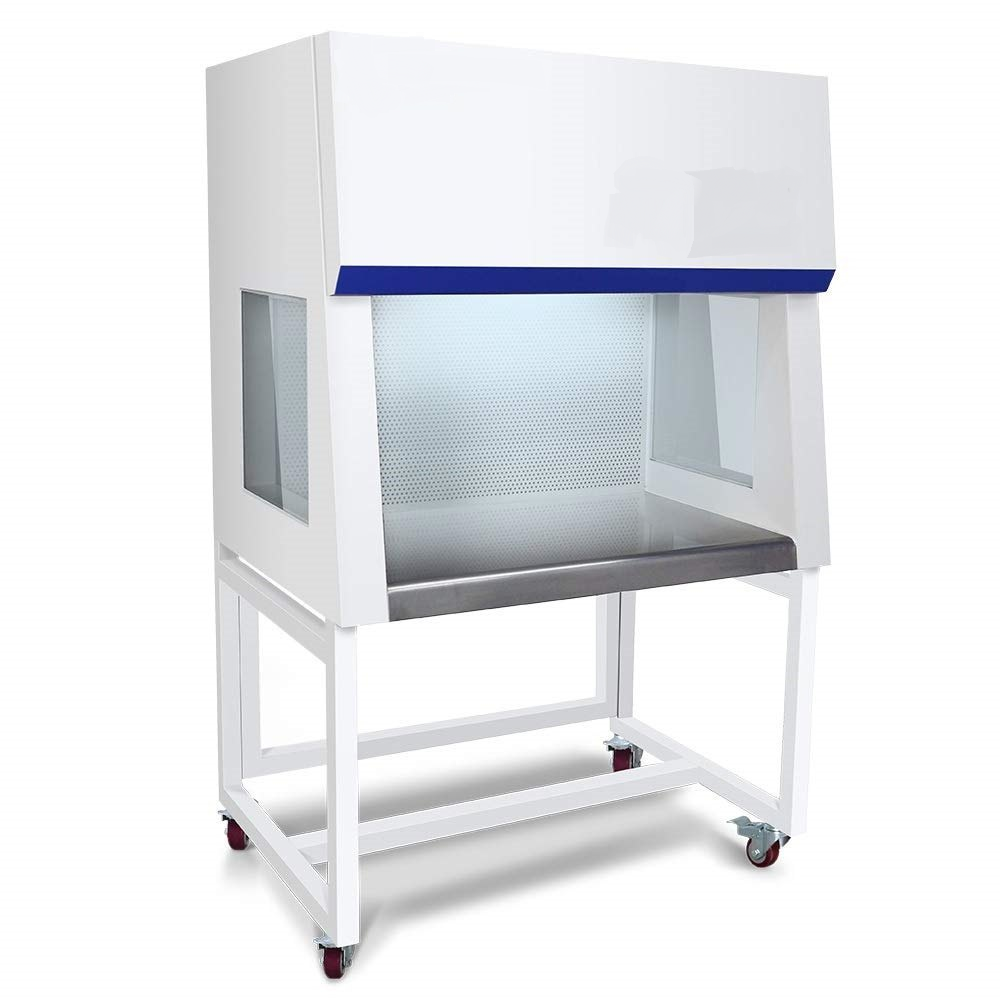
Laminar flow cabinets create a sterile working environment by directing a continuous stream of filtered air over the work surface. These cabinets are crucial for procedures that require aseptic conditions, such as cell culture and microbiological work.
CONCLUSION:
The pathology laboratory equipment list provided above illustrates the diverse array of tools and instruments employed in the diagnostic process. From microscopes that reveal the intricacies of cellular structures to advanced analyzers that automate complex tests, each piece of equipment plays a vital role in advancing medical knowledge and improving patient care. As technology continues to evolve, pathology laboratories will undoubtedly benefit from innovations that enhance efficiency, accuracy, and the overall quality of diagnostic services.

